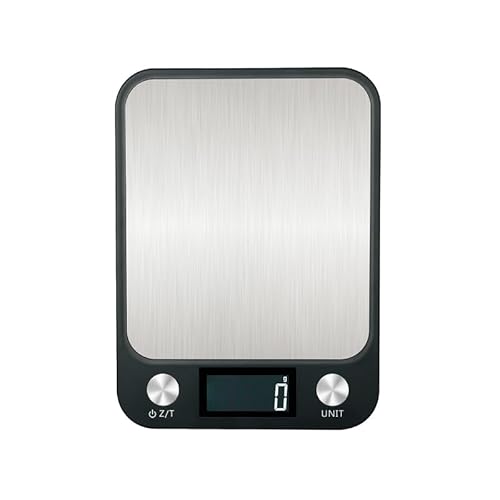Correct. I don’t think of it as “rice water” though. It’s just the water needed for my recipe with some rice flour added.Hi there !
Sorry, I don't get it... Your rice water equals the amount of water necessary in the recipe right ? and you then add the lye into the frozen rice water ? (sorry, I get confused with the 50:50 lye solution...) ...
*I master batch a large amount of 50:50 water:lye solution.








































![[Latest] 21 Pack Dried Flowers for Candle Making, 100% Natural Dried Herbs Kit for Soap Making, Bath, Resin Jewelry Making, Bulk Dried Flowers Include Lavender, Rose Petals, Rosebuds, Leaves, Lemon.](https://m.media-amazon.com/images/I/61rGf9Frw4L._SL500_.jpg)





